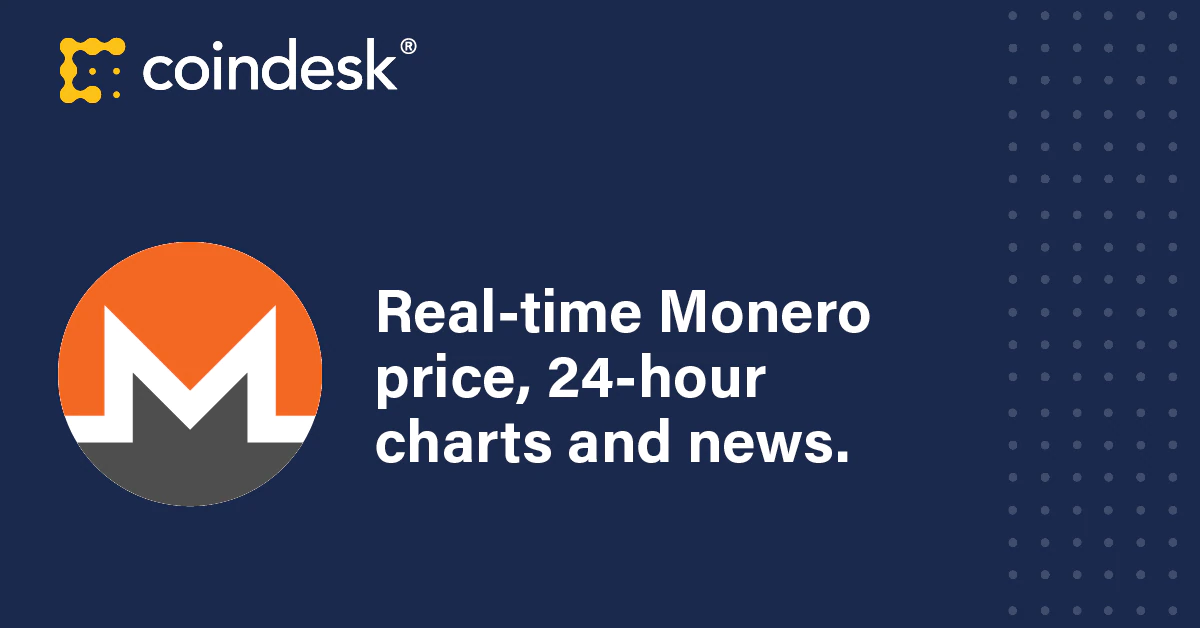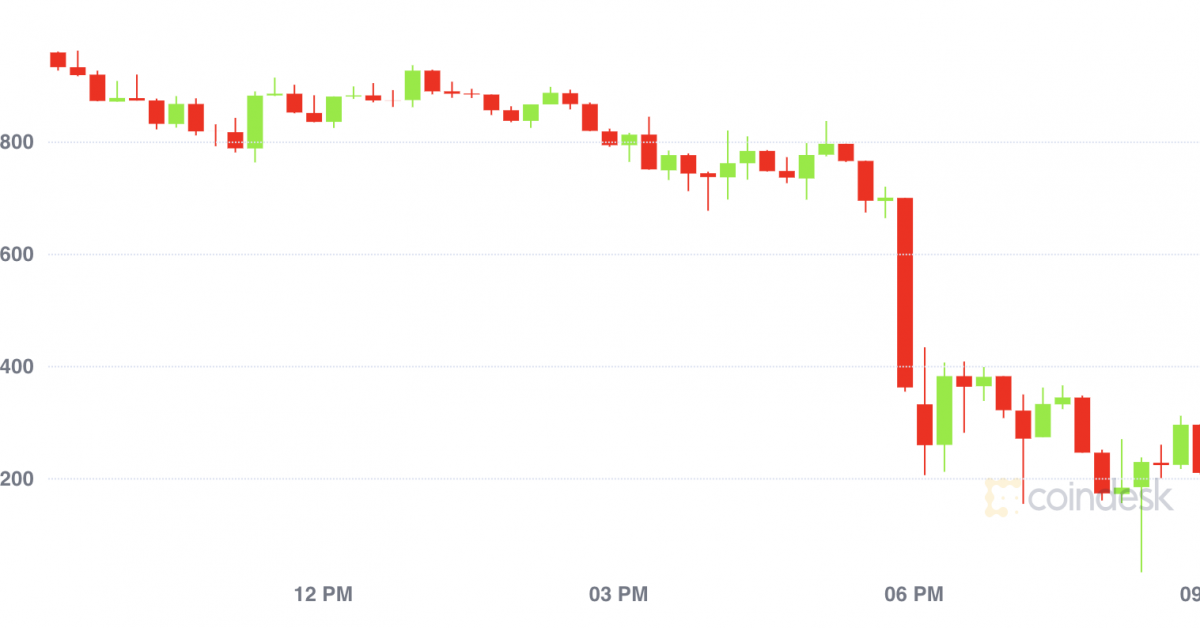Crypto.com Takes Steps Toward Financial Licensure in Malta
Crypto.com Takes Steps Toward Financial Licensure in Malta
Crypto.com is trying to bulk up its Maltese financial licenses in search of a competitive edge across Europe.
The Hong Kong-based crypto firm received preliminary approval from the Malta Financial Services Authority (MFSA) for two financial licenses that govern how payment companies operate and what services they can provide.
Crypto.com could soon start offering payment services and issue e-money as a licensed financial institution with MFSA oversight. It could additionally execute, custody and deal in-house with customers’ crypto assets as one of the first-ever holders of a Class 3 Virtual Financial Assets license from Malta.
But the licenses are only granted in-principle for now. Crypto.com Chief Executive Kris Marszalek told CoinDesk they will become full licenses once the company satisfies a set of MFSA conditions. He refused to elaborate on what those conditions are or when they will be met.
Assuming they are, Crypto.com could be well positioned to deal across a continental bloc in the midst of expanding its crypto licensure regime. The European Commission recently proposed a comprehensive framework for cryptocurrencies called Markets in Crypto-Assets (MiCA) that would impact the entire EU.
State-level actions on crypto regulation have generally been harder to come by. But Marszalek said Malta is one of the few countries with “clear regulations on crypto.” Notably, Binance was said to have been based in Malta until MFSA announced in February 2020 that the crypto exchange was “not authorised” to operate there.
The licenses “will allow us competitive advantage to non-licensed firms and once MiCA is in place across Europe, and possibly grandfather us into the pan-European digital assets legislation which is currently being reviewed,” he said.









